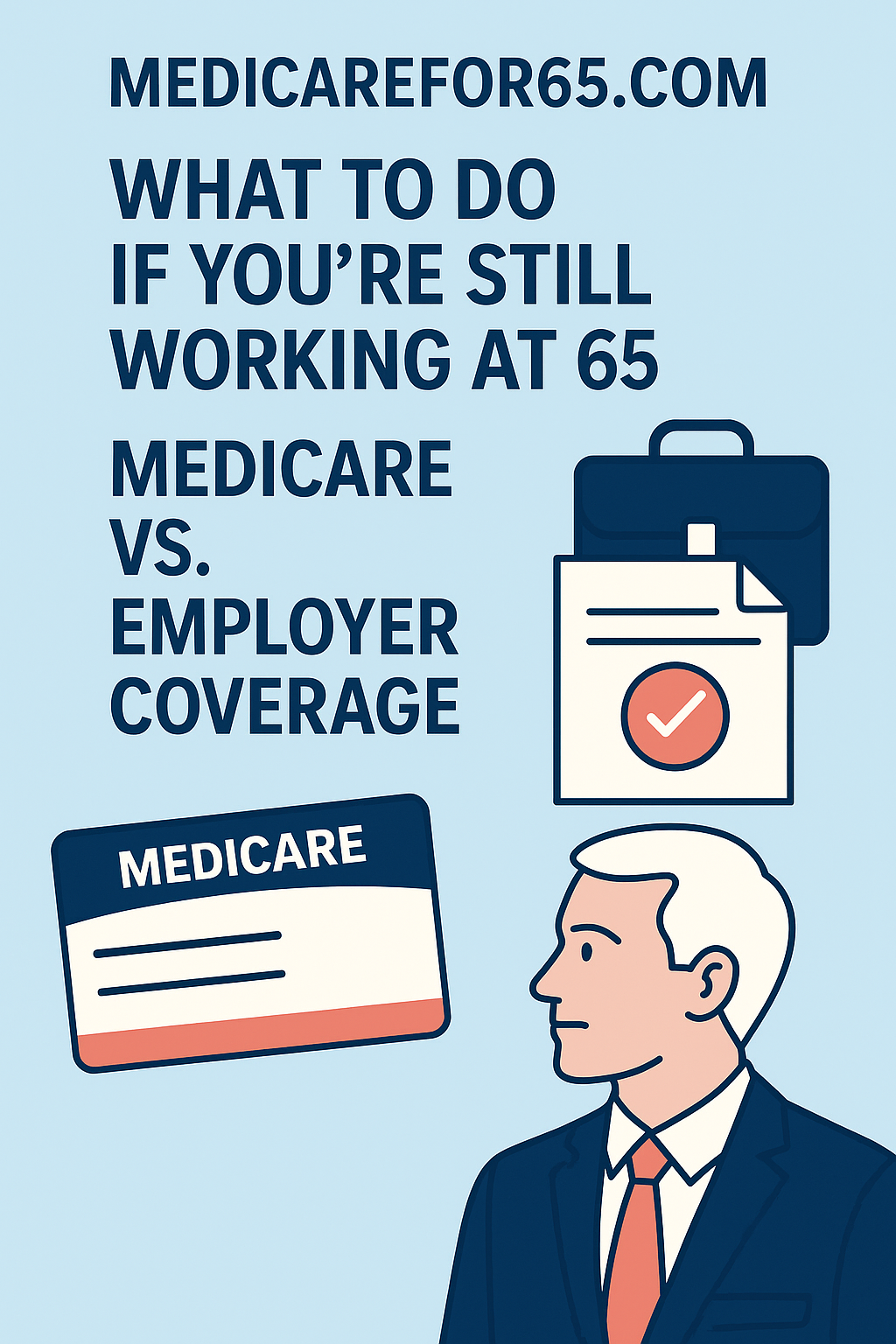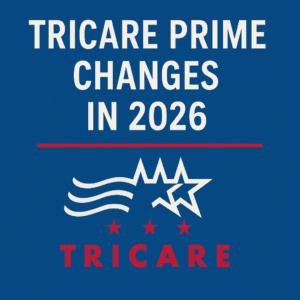Many Americans are choosing to work beyond age 65, but that raises questions about Medicare. Do you need to enroll if you’re still on your employer’s plan? How do you avoid penalties? Here’s what you need to know if you’re working at 65 or beyond.
Should You Enroll in Medicare at 65?
If you’re still covered under an employer-sponsored group health plan (yours or your spouse’s) and the employer has 20 or more employees, you may not need to enroll in Medicare Part B just yet. Medicare usually becomes secondary to your employer insurance in this case, meaning you can delay Part B (and its premium) without penalty.
However, you may still want to enroll in Part A, which is premium-free for most people, since it can act as secondary hospital insurance.
If the employer has fewer than 20 employees, Medicare becomes your primary insurance. That means you need to enroll in Part B at 65 to avoid gaps in coverage and potential penalties.
Why You Shouldn’t Wait Too Long
Even if you have good employer coverage, you must enroll in Medicare within 8 months of losing that coverage to avoid a late-enrollment penalty. That penalty adds 10% to your Part B premium for every 12-month period you were eligible but didn’t enroll.
How to Decide
- Check with your employer’s benefits administrator to confirm how your insurance coordinates with Medicare.
- If your employer has fewer than 20 employees, enroll in Medicare Parts A & B at 65.
- If your employer has 20 or more employees, you can delay Part B and keep your employer coverage, then enroll later with no penalty.
How to Enroll
Your best first step is to speak directly with a licensed agent at MedicareFor65.com. Press the phone icon on our website to receive a call within 60 seconds or schedule an appointment at https://medicarefor65.com/calendar for personalized guidance. You can also visit Medicare.gov, call 1-800-MEDICARE (1-800-633-4227), or work with any licensed agent — but our team specializes in helping seniors navigate working past 65 and avoiding costly mistakes.
Final Thoughts
If you’re still working at 65, you have options — but it’s crucial to understand how your employer coverage interacts with Medicare to avoid penalties or coverage gaps. Reach out today and we’ll walk you through it.








